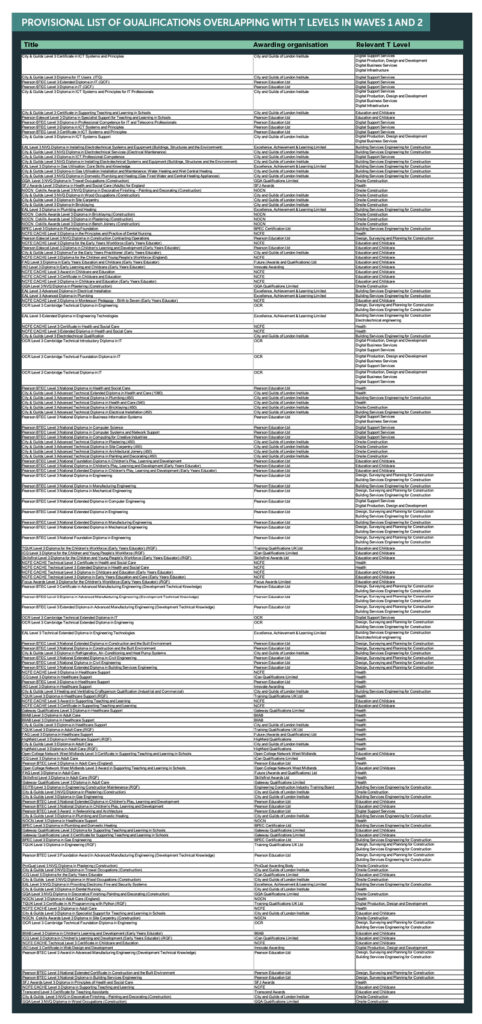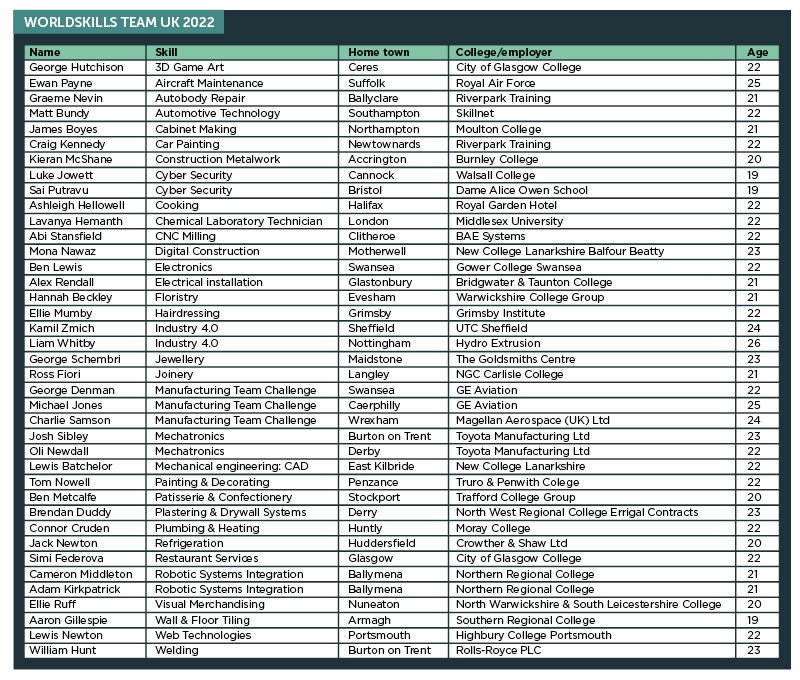Three colleges have retained their ‘outstanding’ grades despite not having been inspected by Ofsted for over ten years, with all three achieving the feat in reports published this week.
Notre Dame Catholic Sixth Form College in Leeds and Barnsley College and Greenhead College in West Yorkshire were last inspected in 2008, 2010 and 2009 respectively.
This week Ofsted published the results of new inspections and found that standards at the three colleges had not slipped, despite the long period of time between inspections.
Ofsted rated Notre Dame Catholic Sixth Form College ‘outstanding’ in all key areas and praised leaders, saying that students “flourish” in the college’s “positive and harmonious” environment.
“[Students] respect and value the wide range of cultures and views that they experience at the college,” inspectors said.
“For many students, the college’s diverse and inclusive nature significantly influenced their decision to study there.”
Notre Dame Catholic Sixth-Form College is situated in inner Leeds and recruits students from three Catholic partner schools and 110 high schools.
At the time of the inspection, 2,378 students were enrolled on full-time study programmes. Nearly all students studied three level 3 subjects. Most were doing A-levels, with a significant minority studying advanced vocational courses.
“Students are empowered by the trust that staff show in them to take responsibility for their learning journey. Highly skilled and knowledgeable teachers motivate and support students to always try their best,” inspectors said.
Ofsted found that leaders and managers at the college had devised a “highly ambitious curriculum” and that they have “exceptionally high” expectations of students so they can “be the best that they can be” ̶ something inspectors said is reflected in students’ “highly positive behaviour and conduct”.
The principal of Notre Dame Catholic Sixth Form College, Justine Barlow, said she was “incredibly proud” to have retained the Ofsted grade.
“I would like to say a huge thank you to all the students who, after two very difficult years, have demonstrated an outstanding attitude to learning, outstanding resilience, and have helped to re-energise the community of Notre Dame,” she said.
“A special thank you goes to all the staff, who relentlessly support students academically and pastorally to be the ‘best they can be’! Finally, thank you to all parents and carers: your support is invaluable and very much appreciated.”
Leaders at Barnsley College received similar recognition from Ofsted, who said that students work in a “purposeful and very calm environment” in all areas of the college and in lessons.
Barnsley College is a large general further education college with a number of sites in the town of Barnsley. Its latest full inspection was carried out on March 8, this year.
At the time of the inspection, the college had 4,600 students on education programmes for young people, which equates to around two-thirds of all further education students at the college.
There were approximately 1,150 adult students, 1,200 apprentices and 361 students with high needs studying at the institution.
“Teachers have very high expectations for students and provide a high level of support and encouragement that enables most students to achieve well,” Ofsted inspectors said.
“Students enjoy working with peers who have similar interests to themselves in subjects in which they have a real interest.”
Ofsted found that students aged 14 to 16 on full-time provision demonstrated a very high standard of behaviour at the college and that students feel very safe in the college and its surrounding areas.
Yiannis Koursis, chief executive of Barnsley College, said: “This fantastic accolade is a reflection of all the amazing work our staff, students and partners do every single day to transform the lives of our students and the Barnsley community.
“The inspectors saw first-hand the inspirational teaching, learning and support that takes place across the college, and we are delighted that they recognised that our staff go above and beyond to give our students a truly outstanding learning experience.”
Greenhead College, in Huddersfield, was judged to be outstanding in six key categories.
At the time of the college’s inspection, there were 2,767 students on education programmes for young people, of whom 10 were students with high needs.
Ofsted found that staff across the college set “very high expectations” for what they expect of students in terms of their attitudes to learning and their behaviour.
“Students respond to these exceptionally well, and their behaviour is exemplary. They are highly respectful of each other and staff,” inspectors said.
They added that leaders and managers have a “very clear and effective strategy” to provide A-level programmes in a safe and nurturing environment that helps almost all students to progress into higher education or higher-level apprenticeships.
“They have designed a highly ambitious curriculum across all the courses that they offer,” inspectors added.
‘Outstanding’ colleges are subject to full inspections for the first time this year since 2010, after an exemption was lifted.




